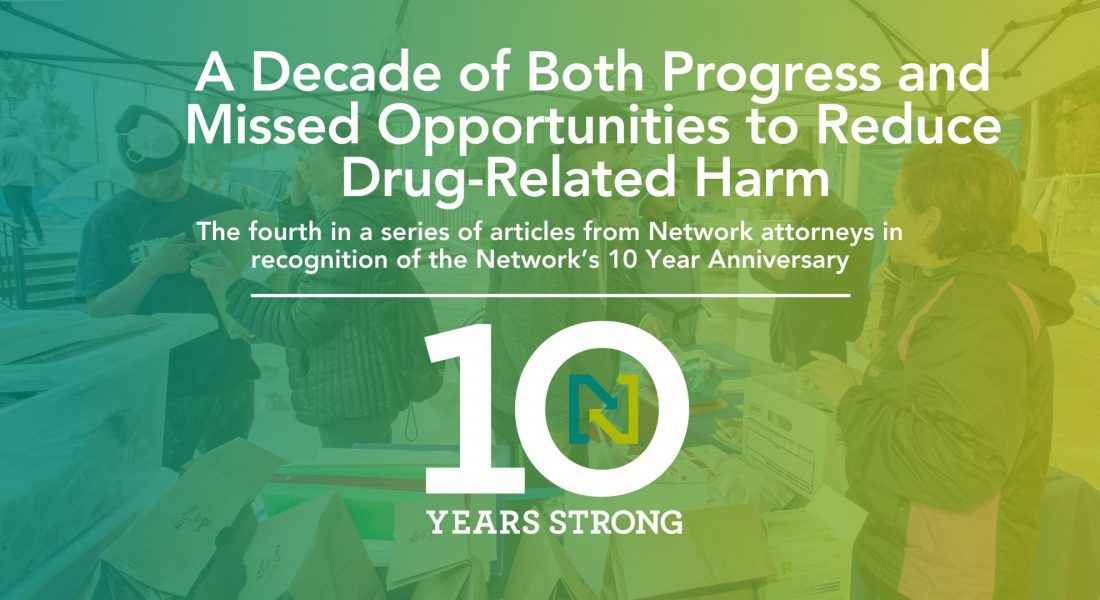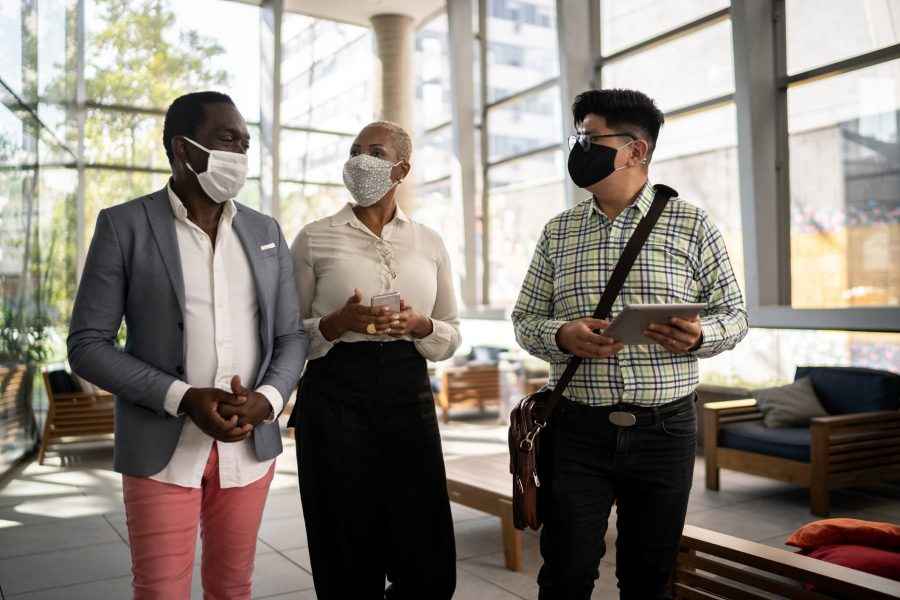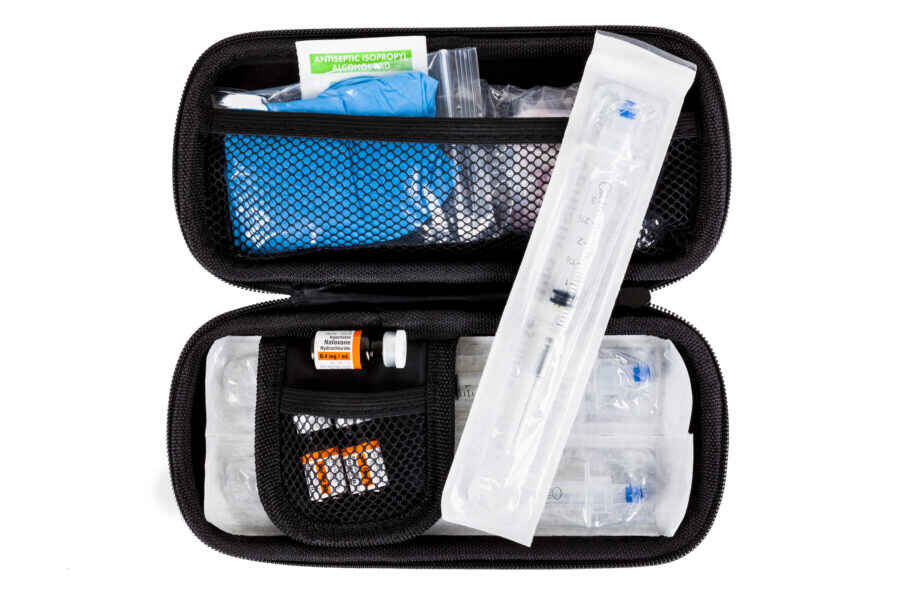
Substance Use Disorder (SUD)-Related Emergency Department Mandates
50-state surveyHarm Reduction Legal ProjectHarm Reduction Legal Project ResourcesOpioid Misuse and Overdose PreventionWe conducted a systematic legal review to determine the prevalence and characteristics of state laws that require some or all hospital emergency departments to create protocols to screen patients for substance use disorder as well as those that require that hospitals take specific actions when providing care to such individuals or individuals who have experienced an overdose.











